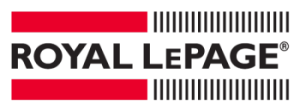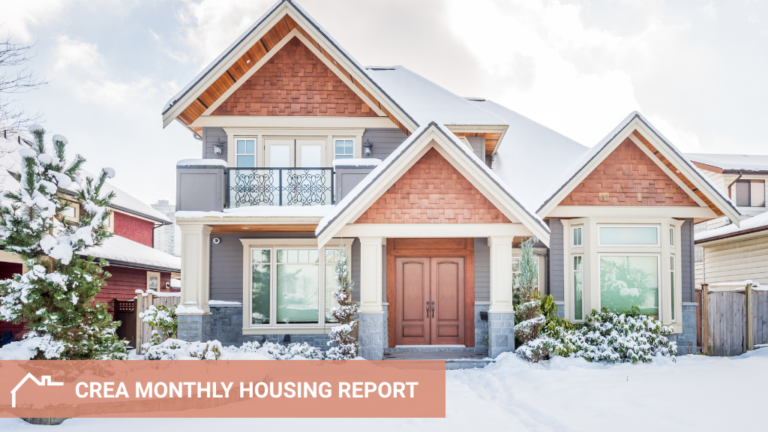
The province of Quebec’s real estate market continued to buck national trends in the second quarter of the year, showing few signs of slowing despite broader economic and political uncertainty. According to the latest results of the Royal LePage® House Price Survey and Market Forecast released today, Quebec’s real estate market showed remarkable resilience and strength in the second quarter of 2025, setting itself apart from the trends displayed elsewhere in the country. This performance is all the more noteworthy given that it is taking place during a time of economic uncertainty, due in particular to the ongoing tariff dispute with the United States.
While some slowdowns might have been anticipated, the Quebec residential market has shown continued strength. The hesitation seen among some buyers has not led to any significant decline in sales or prices.
“The persistent strength of the Quebec real estate market in the second quarter is a testament to the robustness of its economic foundations and the adaptability of consumers. The Quebec market is behaving very differently from British Columbia and Ontario, asserting itself as a key player in the national real estate dynamic,” said Dominic St-Pierre, senior vice-president of business development, Royal LePage.
“Despite some caution on the part of some households, demand remained strong, as evidenced by price increases in most markets across the province. Although signs of an economic slowdown may be appearing – such as the downturn in the stock market or job losses in certain sectors – the Quebec real estate market has managed to stay on course. Buying a property remains a long-term investment, and we see that fundamental housing needs continue to support the market, even in a more uncertain environment.”
According to the latest data from Canada Mortgage and Housing Corporation (CMHC), published in July 2025, the rate of mortgage arrears in the province of Quebec was 0.19% in the first quarter of 2025, below the national average of 0.23% and well below the ten-year average.1 In fact, the province of Quebec reports the second-lowest default rate in Canada, just behind British Columbia. Furthermore, the CMHC reports that Montreal has the highest housing deficit among major cities in Canada, noting that the construction of nearly 49,000 additional units per year would be needed to meet the demand projected by 2035.2
In the second quarter of 2025, the weighted median3 price of a home in the province rose 5.4% compared with the same period in 2024 to $611,500, an increase of 2.2% on a quarterly basis. Broken out by property type, the median price of a single-family detached home in the province rose 7.0% year over year to $690,100. For condominiums, the median price rose 3.6% year over year to $472,300.
Across Canada, the aggregate4 price of a home rose a modest 0.3% year over year in the second quarter of 2025, reaching $826,400. Looking at the country’s largest urban centres: the aggregate price of a home in the Greater Montreal Area rose 3.5% year over year, while the Toronto and Vancouver markets recorded decreases of 3.0% and 2.6%, respectively.
Supply and demand imbalance pushes price forecast higher
Royal LePage has revised upwards its forecast for the province of Quebec’s residential real estate market in 2025. The company is now forecasting an 8.0% increase in the aggregate price of a home in the province in the fourth quarter of 2025 compared to the same period in 2024, to $635,472. This is attributed in particular to an increased growth forecast for Quebec City (up to 15.0%). Royal LePage believes that the combination of demand outstripping supply and a more favourable interest rate environment will continue to drive prices higher, despite economic instability.
“With its diversified economy, Quebec is well positioned to weather economic uncertainties. Royal LePage predicts that real estate prices in the province will continue to rise for the rest of the year. Sustained demand and limited supply, combined with fundamental housing needs, will continue to support Quebec’s residential market,” concluded St-Pierre.
Second quarter highlights:
- Greater Montreal Area’s aggregate home price increased 3.5% year over year, while the greater Toronto and Vancouver markets recorded declines of 3.0% and 2.6%, respectively in the second quarter.
- Quebec City continues to dominate aggregate home price appreciation, posting a 13.5% increase in the second quarter compared to Q2 2024; the strongest growth nationally and provincially for a fifth consecutive quarter.
- Markets such as Trois-Rivières and Saint-Jean-sur-Richelieu recorded annual aggregate home price increases of more than 11%, and Sherbrooke more than 5%, underscoring the continued strength of the provincial property market.
1Mortgage Delinquency Rate: Canada, Provinces and CMAs, CMHC, July 9, 2025
2Canada’s housing supply shortages: moving to a new framework, CMHC, June 2025
3The provincial weighted median prices are based on a model using sales in each region
4Aggregate prices are calculated using a weighted average of the median values of all housing types collected. Data is provided by RPS Real Property Solutions and includes both resale and new build.






